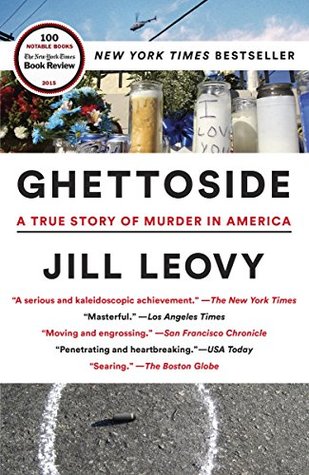More on this book
Community
Kindle Notes & Highlights
by
Jill Leovy
Read between
September 29 - October 8, 2020
He had a vision. He believed in his craft—believed unreservedly in the idea of homicide investigation as a cause. He believed that the state articulated its response to violence by apprehending those who committed it, and that failing to do so sent an unmistakable message the other way—that violence was tolerated, especially when the victims were poor black men.
Black people in Watts were generally governed by a complex system of etiquette, backed by the threat of violence. This was the shadow that filled the vacuum of legitimate authority.
monopoly on violence, such groupings fight, commit crimes, and ascend to factional dominance as conditions permit. Fundamentally gangs are a consequence of lawlessness, not a cause.
As anyone who has worked in a professional environment knows, top practitioners don’t always make effective managers.
security doors. Darkness fell, and they returned to the crime scene. A cluster of candles threw a white glow on the feet of about twenty mourners,


